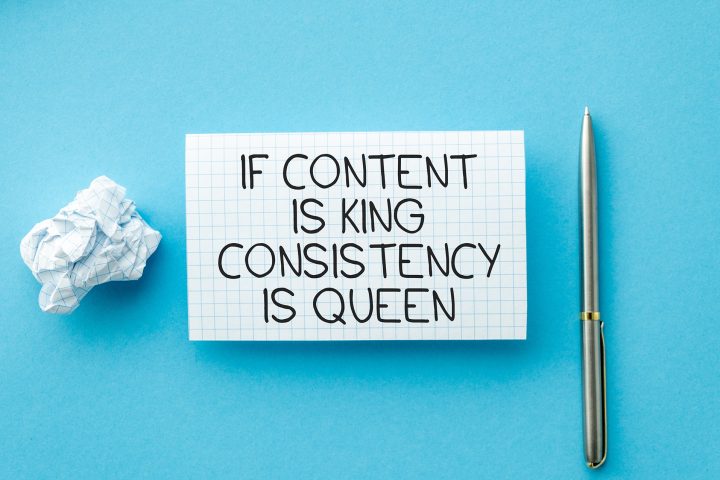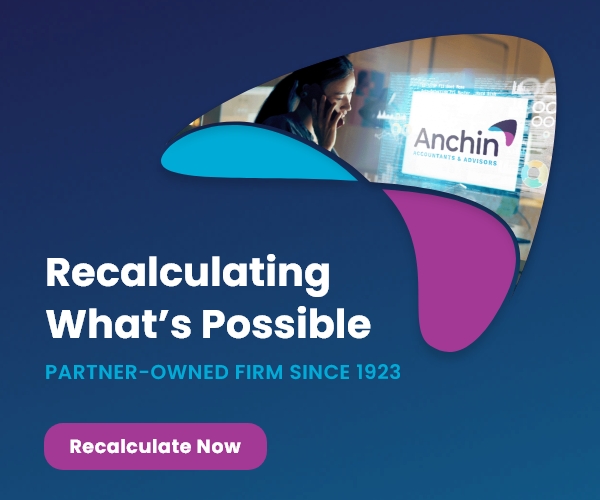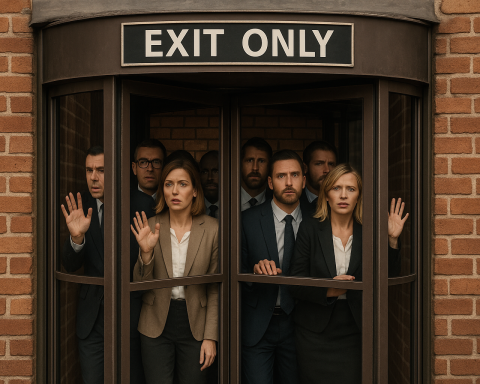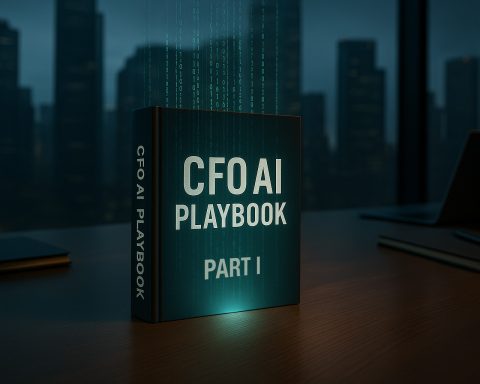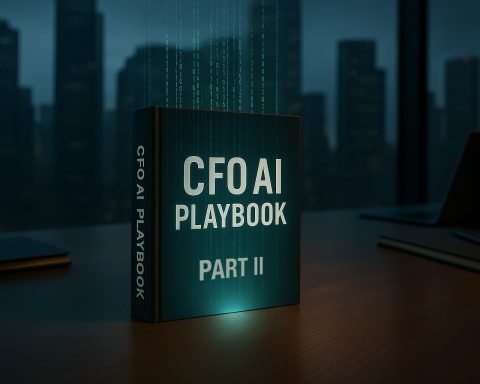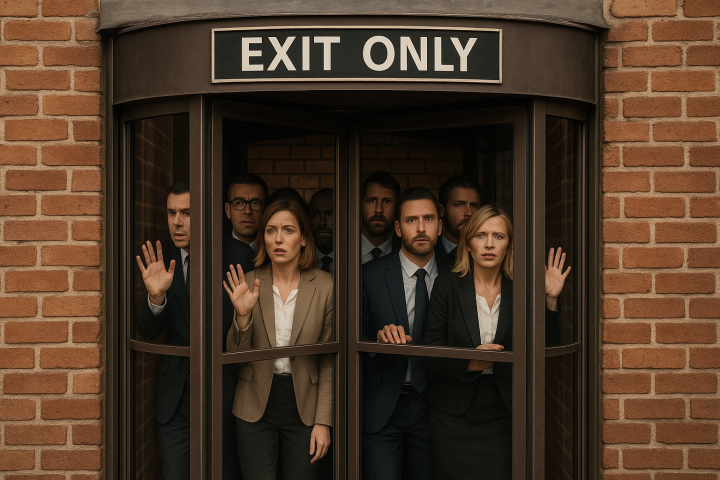In a world where patience often feels like a liability, Rory McIlroy offers a masterclass in what long-term commitment can actually achieve. The story is not about a single putt, a single round, or a single moment. It is about the full span of time, the years in the making, and the pressure that compounds when greatness is expected but not yet achieved.
For more than a decade, McIlroy has stood near the summit of professional golf. He has held trophies from every major except one. Year after year, the question resurfaced. Could he complete the career Grand Slam with a win at Augusta? Each attempt brought hope, scrutiny, and ultimately, disappointment. Despite the weight of global attention and personal frustration, McIlroy continued to show up. That decision, made quietly and consistently, turned into one of the most compelling lessons in modern leadership.
Many leaders operate in environments defined by short-term performance. Quarter after quarter, boards demand results. Stakeholders expect wins. Employees seek progress. However, the leaders who endure are those who learn to treat pressure as a tool rather than a threat. Perseverance, particularly when outcomes remain uncertain, can become more than just resilience. It becomes strategy.
The Hidden Discipline of Patience
Rory McIlroy did not abandon his process in pursuit of a shortcut. Even as narratives began to shift and headlines suggested his window had closed, he stayed anchored in fundamentals. In business, this kind of clarity is rare. Far too often, pressure causes reactive decisions. New hires replace slow development. Branding pivots follow a bad quarter. Strategy dissolves into activity, and vision disappears in the fog of busyness.
Patience is not the same as passivity. Leaders who operate with intention understand this distinction. Thoughtful restraint often creates the space necessary for real growth. In finance, the temptation to pivot constantly often proves more dangerous than any single misstep. Markets reward consistency. So do teams. So do long-term stakeholders. McIlroy’s steady presence at Augusta, even after multiple setbacks, became a symbol of this principle. His consistency created credibility. His credibility built trust.
Leadership Without Guarantees
Most people underestimate the emotional weight of showing up repeatedly in the face of public failure. McIlroy did not simply compete; he competed under the burden of unfinished business. This is the same weight that executives carry after failed product launches, missed revenue targets, or visible reorgs. Each time, the leader has a choice to make. Step back or step forward. Reset the narrative or fold into it.
Great leadership emerges not when everything is going well, but when uncertainty becomes the dominant condition. In those moments, leaders reveal the depth of their belief and the clarity of their vision. McIlroy’s willingness to return to Augusta with the same focus, the same preparation, and the same humility, regardless of prior outcomes, mirrors the courage required in high-stakes leadership. Quiet persistence, often misunderstood as indecision, becomes a powerful differentiator.
This principle applies equally across industries. Whether leading a private equity-backed portfolio company or a Fortune 500 division, decision-makers who outlast cycles, manage narrative tension, and operate with internal confidence generate long-term outcomes that short-term leaders never access. There is a kind of strength that cannot be built quickly. It only comes from being tested repeatedly.
Reputation as Compound Interest
Much has been said about compounding in the context of finance. The principle is simple: small actions, executed consistently over time, produce outsized returns. What is less often discussed is how this principle applies to personal brand, leadership style, and professional relationships.
McIlroy built trust with fans, competitors, and commentators not through perfection but through character. His presence at press conferences, his candid reflections on disappointment, and his measured demeanor created a reputation that only deepened as time passed. The same is true in business leadership. Executives who respond to setbacks with candor and clarity earn credibility that lasts far beyond any one role or result.
Every meeting, every response to pressure, every decision made under scrutiny either adds to or subtracts from reputational capital. McIlroy’s long road to a Masters win offered more than just a trophy. It illustrated how character compounds. Quiet persistence, executed with consistency and grace, becomes its own form of influence. That influence eventually pays dividends, sometimes in surprising ways.
Networking Built on Durability
Many professionals mistake networking for visibility. Introductions are made, business cards are exchanged, and LinkedIn connections grow. Yet the networks that shape careers are built through shared seasons, mutual respect, and the long memory of those who observe how others behave under pressure.
McIlroy’s relationships with fellow competitors were shaped not only by shared tournaments but by the way he carried himself through them. The same dynamics exist in executive circles. The individuals who witness how you manage disappointment, who observe your behavior during failed acquisitions or contentious board meetings, form impressions that last longer than any pitch deck or resume.
Trust grows through time and presence. Those who maintain visibility through consistent performance and steady communication develop networks that become assets during transition, expansion, or reinvention. A strong network is not built in sprints. It matures slowly, supported by the same discipline that keeps a golfer coming back to the course where he has never won.
Pressure as a Constructive Force
Most professionals experience pressure as a destabilizing condition. When stakes rise, communication breaks down. Focus narrows. Reactions replace responses. Yet pressure, when managed correctly, becomes a sharpening force. McIlroy never dismissed the pressure he felt at Augusta. He integrated it into his preparation. That distinction matters.
Rather than running from high-stakes situations, enduring leaders develop tools to navigate them. Emotional composure becomes a leadership muscle. Decision-making slows, but does not stall. Pressure, responsibly managed, forces clarity. It burns away distractions and exposes what truly matters.
High-performing cultures benefit when leaders embody this mindset. Employees do not look for perfection. They look for steadiness. Teams operate more effectively when they believe their leader is absorbing complexity without broadcasting panic. McIlroy’s ability to remain composed while chasing a milestone win demonstrated the value of emotional discipline. Organizations led by individuals with this trait perform better over time.
The Value of Vision in Uncertain Timelines
Unfinished goals exert a specific kind of pressure. The further away success appears, the more tempting it becomes to walk away. McIlroy chose a different path. Year after year, he returned. His decision was not based on a guarantee of victory. It was anchored in a broader understanding of purpose and belief.
Executives face similar conditions. Large-scale transformations are rarely unfolding on predictable timelines. Market shifts, regulatory changes, and leadership transitions alter paths that once appeared clear. Those who succeed in these environments are not the ones with the most aggressive timelines. They are the ones with the most durable convictions.
Vision, when decoupled from ego, becomes a stabilizing force. It does not demand immediate validation. Instead, it anchors behavior. McIlroy’s return to Augusta, grounded in vision rather than vindication, reflects the same mindset that enables great leaders to build something that lasts.
Lessons Carried Forward
McIlroy’s win at the Masters did more than complete a career achievement. It validated the idea that showing up matters, even when momentum fades. His journey reminds every leader, every builder, every operator navigating long stretches of uncertainty, that endurance is not a secondary trait. It is a central requirement for anything worth doing at scale.
Leadership does not always reward immediate impact. Networking does not always reveal its value until years later. Financial strategy does not always produce quarterly validation. Those who can embrace this reality, without losing intensity or integrity, operate from a position of long-term advantage.
Closing Reflection
The green jacket may serve as a symbol of mastery in golf, but its greater value lies in what it represents: a long journey rewarded not with speed, but with consistency. McIlroy earned that moment through years of quiet effort, careful preparation, and composure under the most intense spotlight in his sport.
This kind of victory is not limited to fairways. Executives chasing growth through principled strategy, professionals deepening their networks through genuine investment, and financial leaders holding firm through turbulent cycles all participate in their own version of Augusta. The rewards may look different, but the path remains the same.
Each decision to show up with focus, to resist shortcuts, to operate with discipline—these are the moments that shape legacies. Rory McIlroy did not just win a tournament. He demonstrated what happens when endurance is chosen over escape.
Those willing to follow that example may find that the win, when it finally comes, feels less like relief and more like arrival.





